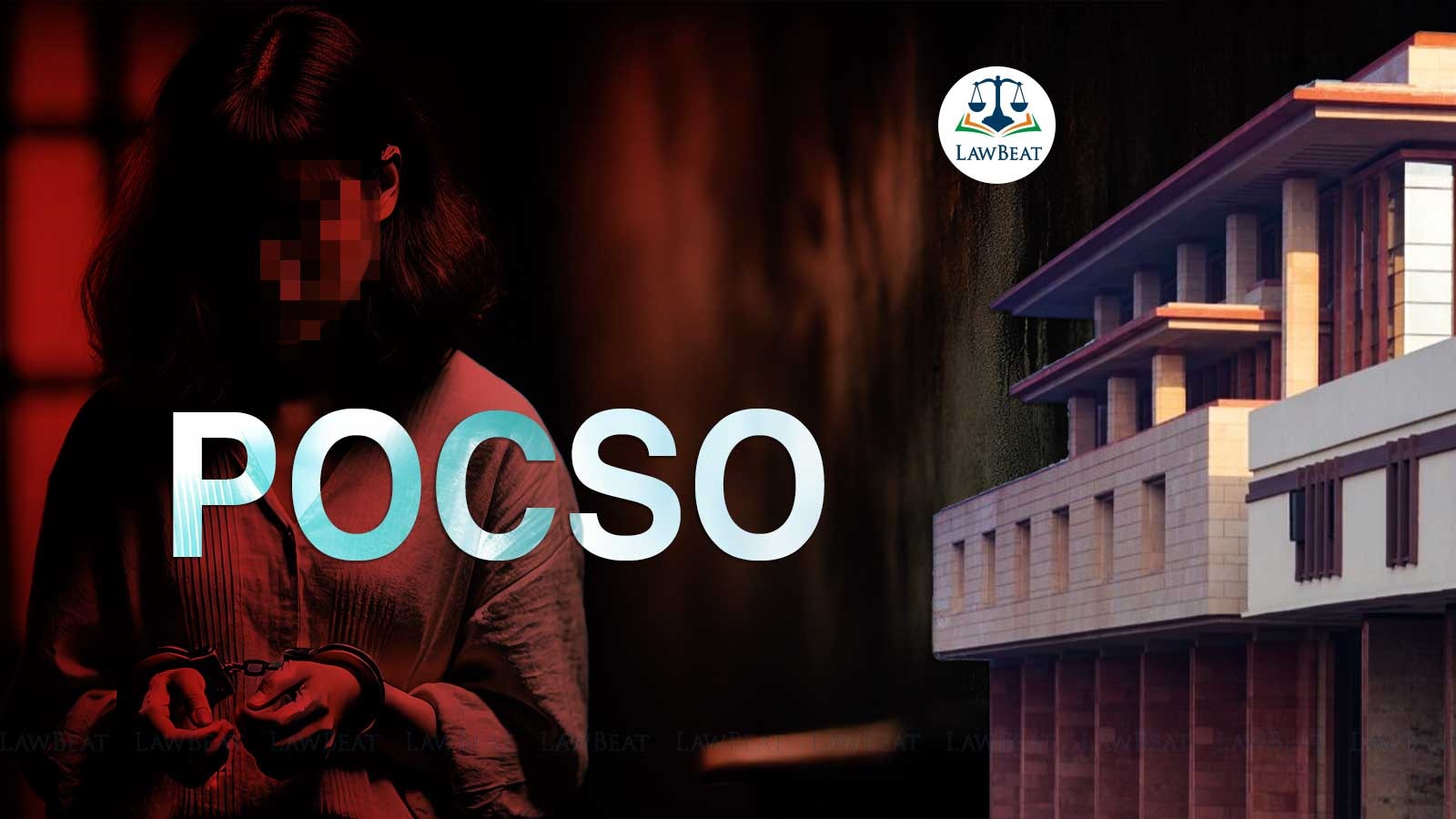POCSO Act Aims To Protect Children Regardless Of Whether Offender Is Man Or Woman: Delhi HC

The court observed “There is no reason why the word ‘person’ appearing section 3 of the POCSO Act should be read as referring only to a ‘male’. It is accordingly held that the acts mentioned sections 3 and 5 of the POCSO Act are an offence regardless of the gender of the offender provided the acts are committed upon a child”.
The Delhi High Court, recently, interpreted the relevant provisions of the Prevention of Children From Sexual Offences Act (POCSO) to include offenders of any gender. The court held that the pronoun ‘he’ in Section 3 of the POCSO Act is not restricted to males and that the offence can be committed by any person, regardless of gender, against a child.
The bench of Justice Anup Jairam Bhambhani held, “It is clear that the pronoun ‘he’ is not defined anywhere in the POCSO Act. In view of the provision of section 2(2) of the POCSO Act, one must fall back upon the definition of that pronoun as it appears in section 8 of the IPC. Giving due regard to the fact that the Legislature enacted the POCSO Act in order to provide protection to children from sexual offences – regardless of whether an offence is committed upon a child by a man or a woman – the court must not interpret any provision of the statute that derogates from the legislative intent and purpose”.
Advocate Piyush Sachdev, representing the petitioner, argued that the incident, which was the subject matter of the FIR, occurred on July 17, 2018, but the FIR was registered approximately four years after the alleged commission of the offence, thereby being invalidated due to inordinate and unexplained delay.
Furthermore, Advocate Sachdev argued that the offense of ‘penetrative sexual assault’ as defined in section 3 of the POCSO Act, and consequently the offense of ‘aggravated penetrative sexual assault’ under section 5, could not be applied to a woman.
On the contrary, Additional Public Prosecutor Utkarsh, representing the state, argued that the POCSO Act is a gender-neutral legislation, holding perpetrators accountable for sexual offences against minors regardless of their gender. The APP further highlighted the use of the word ‘person’ at the beginning of section 3 of the POCSO Act, indicating that the offence defined therein must be interpreted broadly to include female offenders as well.
The court noted that the pronoun ‘he’ was not explicitly defined within the POCSO Act. In light of Section 2(2) of the POCSO Act, it was necessary to refer to the definition of that pronoun as outlined in Section 8 of the IPC. Recognizing that the Legislature enacted the POCSO Act to protect children from sexual offenses, regardless of whether the offense was committed by a man or a woman, the court was obliged to avoid any interpretation of the statute that would undermine the legislative intent and purpose.
Viewed through this perspective, the court opined that the only logical conclusion was that the pronoun ‘he’ found in sections 3(a), 3(b), 3(c), and 3(d) must not be construed to limit the offense described therein solely to a man. It was crucial to acknowledge that these provisions encompassed within their scope penetrative sexual assault, including the insertion of any object or body part, manipulation of a child’s body part to cause penetration, or the use of the mouth.
Therefore, the court held that it would have been entirely unreasonable to assert that the offence contemplated in these provisions referred exclusively to penetration by a penis.
In the opinion of this court, a comparison between the offence defined in Section 375 of the IPC and those defined in Sections 3 and 5 of the POCSO Act revealed that the offences were distinct. Although the actions constituting the core of the offense in Section 375 of the IPC were similar to those in Sections 3 and 5 of the POCSO Act, the opening line of Section 375 specifically referred to a ‘man’, while the opening line of Section 3 referred to a ‘person’.
The court noted that the scope and meaning of the term ‘man’ in Section 375 of the IPC were not under consideration in these proceedings. However, there was no justification for interpreting the term ‘person’ in Section 3 of the POCSO Act as referring solely to a male. Accordingly, it was held that the acts specified in Sections 3 and 5 of the POCSO Act constituted an offense regardless of the gender of the offender, provided that the acts were committed upon a child.
Consequently, the court held that upon a preliminary examination of the material presented with the chargesheet, the offence of ‘aggravated penetrative sexual assault’ was established against the petitioner, despite her being a woman, and therefore, she was required to stand trial for the offences as charged.
Accordingly, the court disposed of the petition.
Case Title: Sundari Gautam v State Of NCT Of Delhi (2024:DHC:5944)
